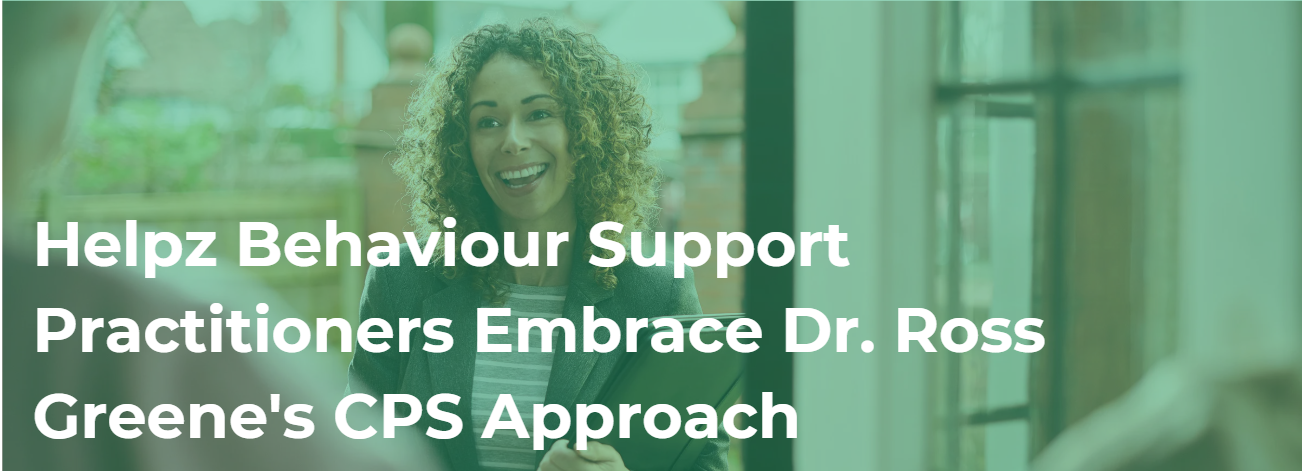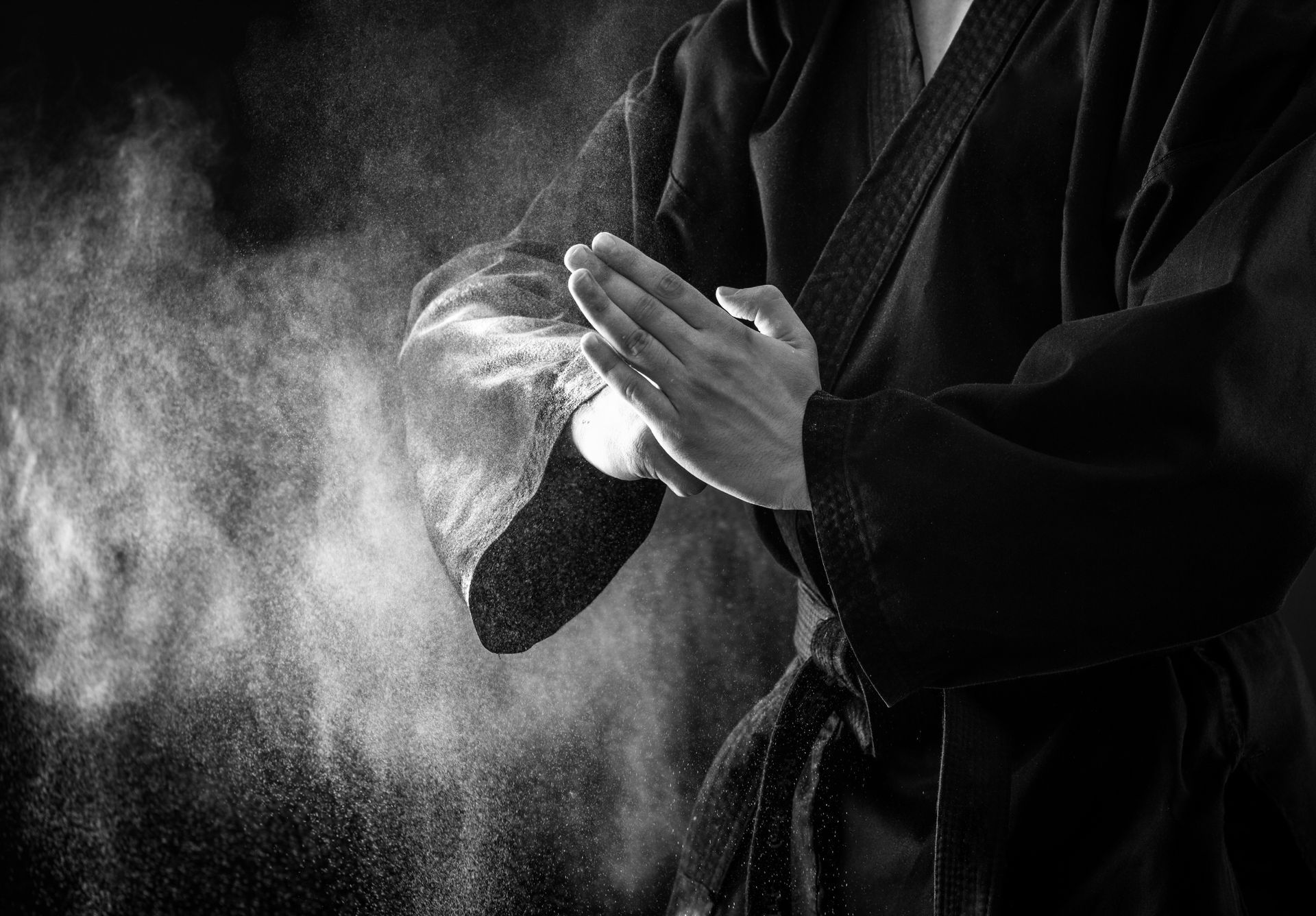Recognising the International Day for the Elimination of Violence Against Women

As we mark the International Day for the Elimination of Violence Against Women, it's a reminder of the strength and resilience of those who have faced adversity and the collective effort needed to support survivors. This day isn't just a call to action; it's a beacon of hope and solidarity, a day that reaffirms our commitment to creating a world free from violence for all women and girls.
Today, it feels particularly relevant to discuss the vital role that safe spaces and support systems play for victims of violence or trauma. The sad reality is that too many women and girls worldwide experience violence in their lifetimes, with Australian statistics reflecting a sobering truth.
- Prevalence of Violence: An estimated 3.8 million Australian adults reported experiencing physical and/or sexual family and domestic violence since the age of 15, according to results from the 2021–22 Personal Safety Survey (PSS).
- Experience of Violence: 2 in 5 women (39%) have experienced violence since the age of 15
- Violence from Known Persons: Women are more likely to experience violence from someone they know than by a stranger, with 35% vs 11% respectively.
- Murders: On average, one woman a week is murdered by her current or former partner in Australia.
- Impact of Sociodemographic Factors: Women who are single parents, experiencing financial stress, unemployed, living with a disability or a long-term health condition, in poor health, or with low levels of life satisfaction are at higher rates of partner violence.
- Violence by Cohabiting Partner: 1 in 6 women have experienced physical and/or sexual violence by a cohabiting partner since age 15.
These figures aren't just numbers; they represent individual stories of resilience in the face of adversity.
The Importance of Safe Spaces and Support Systems
Why are safe spaces so important? Safe spaces and support systems are fundamental for the healing and recovery of individuals who have experienced violence or trauma, particularly women. These supports are not just about immediate safety; they are about creating an environment that promotes long-term healing and empowerment.
Safe Spaces: Essential for Recovery
Safe spaces are critical for survivors to feel secure and begin the healing process. Here’s how they support those who have experienced violence:
Physical and Emotional Security: Safe spaces provide a secure environment where survivors can escape the threat of violence. These spaces are crucial for immediate safety and for enabling individuals to begin the process of healing without fear of further harm.
Confidentiality and Privacy: For many survivors, confidentiality is vital. Safe spaces ensure that their experiences and identities are protected, which encourages them to seek help without the fear of stigma or reprisal.
Access to Resources: These spaces often offer access to resources such as legal assistance, medical care, and counselling. Having these resources available in one place can significantly reduce the stress of navigating complex systems.
Community and Support: Safe spaces provide a community of individuals with similar experiences. This peer support is invaluable for healing and can foster a sense of belonging and understanding that survivors might not find elsewhere.
Empowerment and Autonomy: Safe spaces empower survivors by providing them with choices and control over their lives, which may have been taken from them by their abusers. This empowerment is a critical step towards rebuilding self-esteem.
Support Systems: Building Blocks for Empowerment
Beyond the immediate response, support systems provide the foundational support necessary for survivors to rebuild their lives and regain autonomy. Here's the impact they have:
Long-Term Stability: Support systems provide long-term stability and can aid in the transition from immediate crisis intervention to stable, independent living.
Counselling and Mental Health Services: Ongoing psychological support helps individuals process their experiences, develop coping strategies, and work towards mental and emotional well-being.
Education and Awareness: Support systems often include educational programs that can help survivors understand the dynamics of abuse, recognise the signs of violence, and learn how to establish healthy boundaries.
Economic Empowerment: Many support systems provide job training, education, and financial counselling to help survivors gain the skills necessary to become financially independent.
Advocacy and Legal Assistance: Support systems advocate for survivors’ legal rights and may help with restraining orders, child custody, and court proceedings related to the abuse.
Normalisation and Reintegration: Support systems help individuals normalise their experiences by providing routines and support, enabling them to reintegrate into their communities and lead fulfilling lives.
Safe spaces and support systems are not just about protection—they are about enabling individuals to regain control, rebuild their lives, and thrive despite the adversities they have faced.
helpz: Ensuring Safe Spaces for All
At helpz we ensure that all our participants, especially women, have access to care choices that make them feel safe and respect their dignity. Whether it’s the comfort of their own home or another secure environment, the power of choice is crucial in fostering a sense of safety and control, which is often the first step in healing from trauma.
We believe that by offering personalised care, we are not just providing a service; we're extending a hand of friendship and understanding. We're saying to those we care for: "Your story matters, your choices matter, and we're here to support you on your terms."
On this International Day for the Elimination of Violence Against Women, let's remind ourselves of the power of compassion and the difference we can make through our actions. Let's continue to fight for safe spaces and robust support systems for all who have experienced violence or trauma. For anyone looking to learn more or seek assistance, you're not alone. Resources are available, and help is just a conversation away. Together, we can build a world where safety and respect are the norms, not the exception.
For those interested in the broader conversation or seeking specific information and assistance, please explore the resources provided by UN Women PubMed, and the [World Health Organization. For local support and statistics, visit the Australian Bureau of Statistics, Australian Institute of Health and Welfare, Our Watch, and the Australian Human Rights Commission. Each of these w
News & Insights
Check Our Latest Resources







